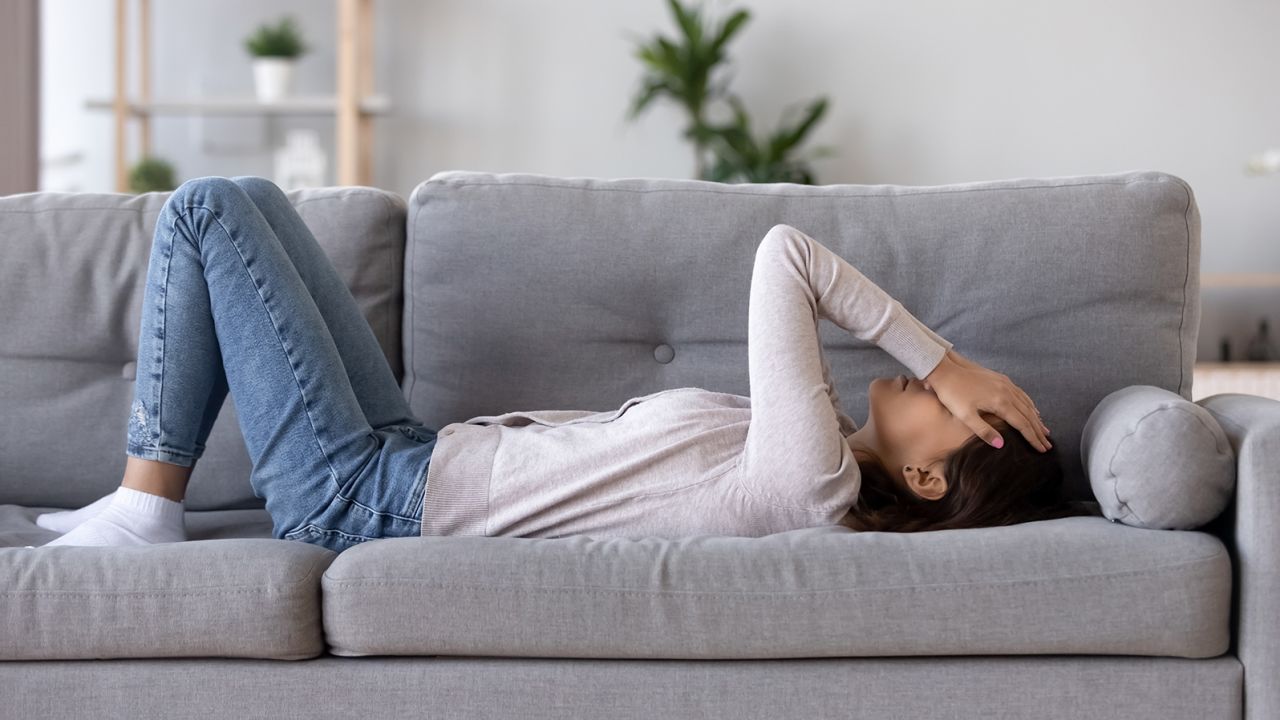
Is your teen down with a fever and complaining that everything hurts? That may – or may not – be mono. Take a deep breath, and don’t worry. If it turns out that your kid is suffering from infectious mononucleosis, this illness doesn’t have any serious consequences.
But we don’t want to lie to you: it might get ugly before it gets better.
Here’s everything you need to know about the symptoms of mono in teens and how to treat them. We should probably say, we’re not doctors. Whether or not the symptoms get worse by tonight, you should still visit a professional first thing in the morning.
In this article
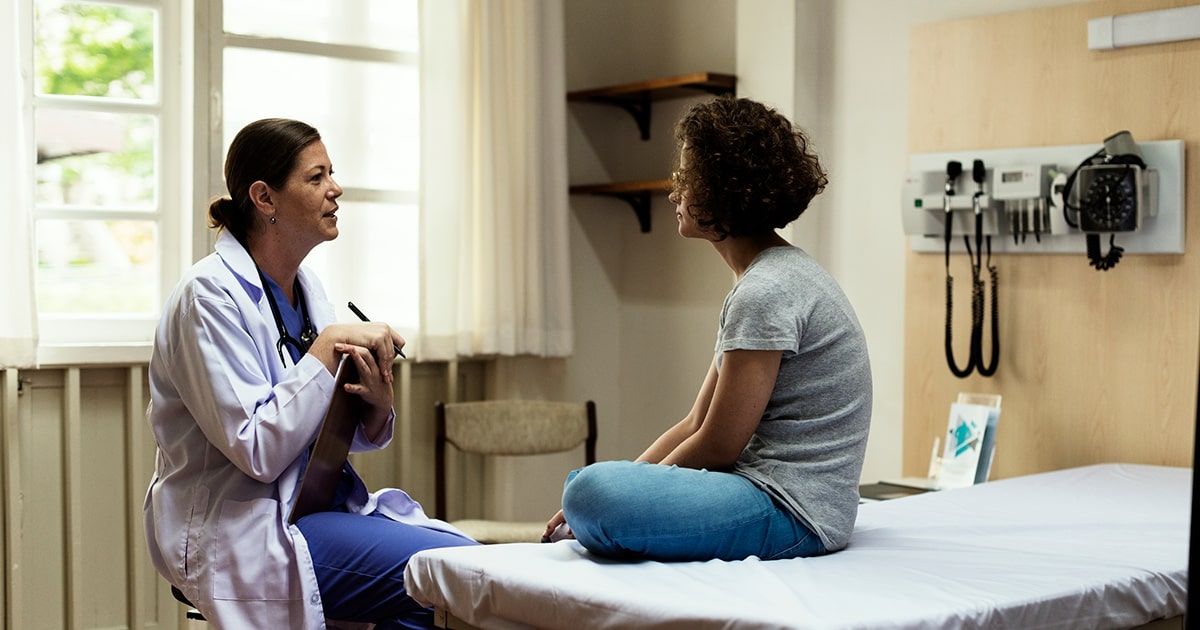
Mononucleosis, or mono for short, goes under another, more popular name – the “kissing disease.” In short, it is exactly what its name suggests. If your kids have mono, they have a contagious illness that comes from a virus and is usually transmitted through saliva.
Is it dangerous? How fast to act, and do you need to be worried?
Like any viral illness, mono must be treated with meds and demands bed rest. In some kids, it can linger for a long time and retreat only after several months.
But don’t worry. Even if it comes to that, mono is not dangerous if caught early and properly treated. At worst, you’ll be dealing with fatigue and plenty of complaining.
Mononucleosis is very rare in older adults. It usually affects teens and people in their twenties. There are a few possible explanations for this, but the one that makes the most sense is that many people get mono and build immunity as teens.
While it’s still possible for an older person to get mono, it usually ends with a fever. Younger kids can also get sick with this disease, but they rarely exhibit any symptoms.
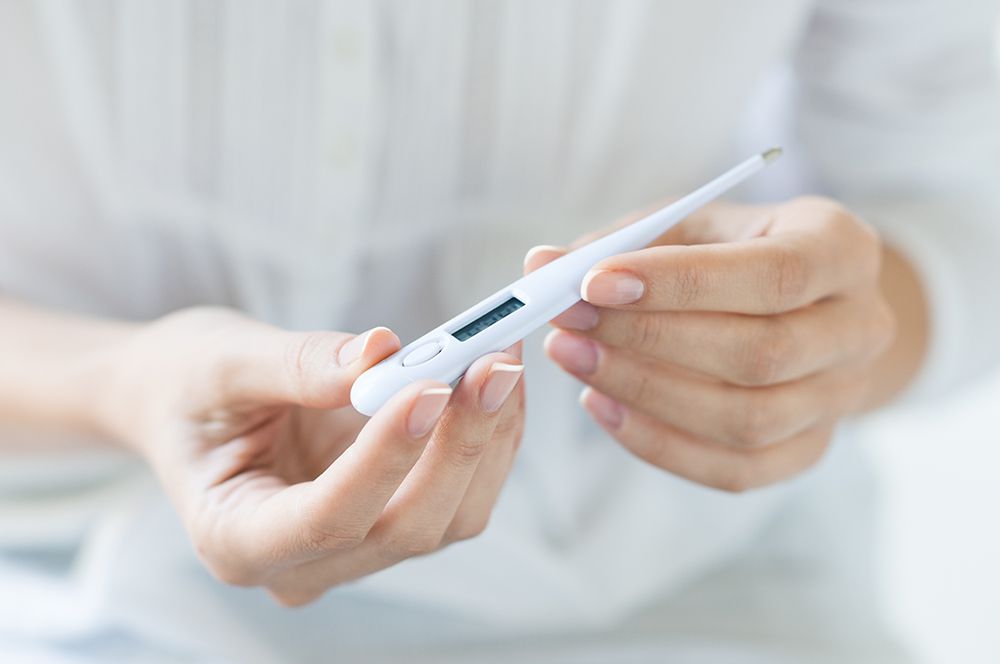
Does your teen have mononucleosis? Let’s find out for sure.
There are quite a few symptoms of mono in a teenager that are easy to notice and recognize as a “sure thing.” Now, remember that every person’s immune response to a disease is unique. The list below is only for reference and is not a professional diagnosis.
That said, here’s how mono in teens typically looks like:
Fatigue
Headache
Sore throat
Swollen tonsils
Swollen lymph nodes in the neck and armpits
Fever
Skin rash
Soft, swollen spleen
If you’ve noticed a few of these signs but the others are missing, that unfortunately doesn’t rule out mono. It’s always best to have your family doctor check them.
It’s also worth knowing that it takes some time for these symptoms to develop after your kid has been infected. The so-called incubation period lasts between four and six weeks, sometimes less. The first visible signs are usually fatigue, headache, and sore throat.
After a few days, the sore throat becomes worse, and the tonsils become swollen. It’s not uncommon to see a whitish-yellow covering on the tonsils on top of swelling. Enlarged and painful lymph nodes in the neck and armpits are usually a reliable indicator of mono.
Your child might report severe fatigue and body aches as the illness progresses. These are typically the signs that the immune system is trying to fight the virus, and they are almost always followed by high temperature and fever. You might also notice skin rash.

You are probably still in the early days of your teens’ sweaty fight with mono. Right now, your heart is breaking for them, but soon enough, the fever will pass, and your kids will seemingly return to their normal teenage routine of lying in bed and scrolling on their phones.
And then, you’ll allow yourself to feel exhausted and a little angry.
Why did this happen, and who can you blame? Let’s talk it through.
Contrary to popular belief, most kids don’t get mononucleosis from kissing around. However, it’s very true that mono is transmitted through saliva, so it thrives between friends sharing drinks, straws, eating utensils, gums, toothbrushes, and other things.
It sounds yucky, but most kids do this. Most of us have done that, too.
Now, nobody knows your child better than you. If all this makes you uneasy, it’s best to talk to them about what happened. Mono can be caused by something as innocent as sharing a Coke, but the culprit could also be an e-cig or something similar.
Earlier, we mentioned that a virus causes mono. This can be either Epstein-Barr virus (EBV) or cytomegalovirus (CMV), both of which belong to the same herpes simplex virus family. Aside from saliva, these viruses can be transmitted via blood and other body fluids.
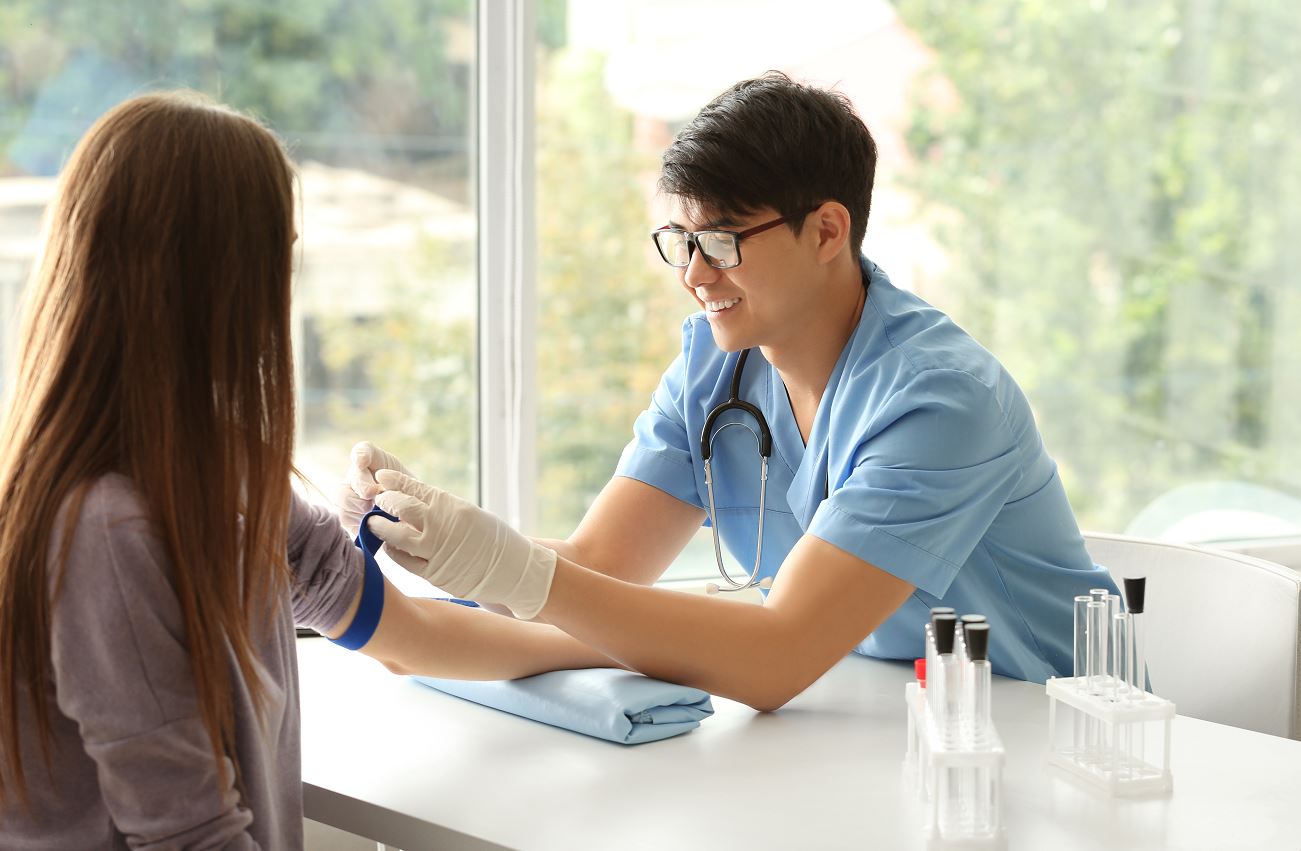
Let’s be honest – you can never be 100% sure your child has mononucleosis until you bring them to a healthcare professional. Even if all of the symptoms add up, self-diagnosis can be dangerous. Diagnosing a child at home without a doctor is risky and irresponsible.
With diseases like mono, even doctors can’t write an official diagnosis without a blood test. The only proper way to identify mononucleosis is by looking at the white blood cell count and the antibodies in the blood, as well as the current state of the liver.
Another reason you need to visit the doctor if you suspect your teen has mono is to get qualified treatment recommendations. If your teen really is suffering from infectious mononucleosis, your kid won’t get any prescription drugs because they can’t help.
The only effective treatment for mono involves plenty of liquid and rest. Because of the high fever, your child must drink a lot of water to prevent dehydration.
Even though you’ll be dealing with a sore throat for days, antibiotics won’t take care of the swelling or the pain. If necessary, you can get over-the-counter meds to help you take the fever down and ease the headache, body aches, and general discomfort.
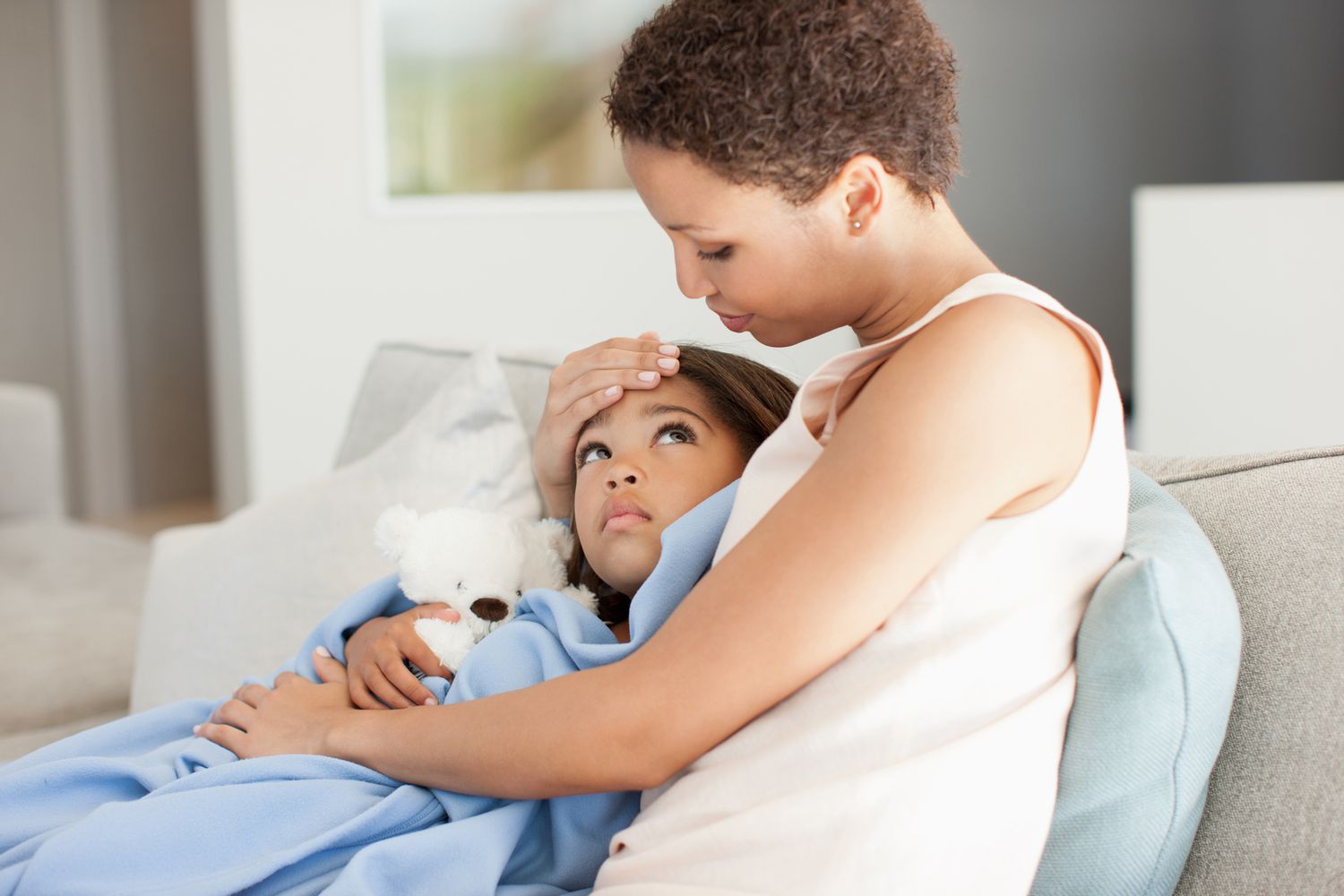
First of all, you need to know that mononucleosis doesn’t go away with the fever. Your kid will start feeling better, but the virus will stay in their body for several weeks after.
So, don’t get mad with them just yet. In some scenarios, laying in bed and fatigue might last up to six months. Allow your teen to heal properly before you insist on a lifestyle change. During this time, your sick kid will need a lot of peace and quiet to fully recover.
Most teens need some convincing to stay disciplined for longer periods. If you know what we mean, you’ll find the following parenting hacks helpful during recovery:
- Don’t leave them alone for long – unless they need that;
- Stack up on feel-good movies or binge-watch popular sitcoms;
- Use a sports water bottle to keep them hydrated while in bed;
- Avoid sugar with popsicles, smoothies, and other toddler snacks;
- Install an app like Wondershare FamiSafe to limit phone time;
- Take this as an opportunity to hang out, cuddle, and reconnect.
After the fever and other aggressive mono symptoms in a teenager wear down, it’s safe for your kid to return to school. Most children return to their regular routine in two to four weeks. Your kid’s G.P. will let you know when the time is right after a scheduled check-up.
One thing to be careful about is that a child that develops a swollen spleen due to mono must stay away from all physically demanding activities until the spleen returns to normal. It’s crucial because pressure or injury might cause a spleen rupture.
Now that you know that mono is a treatable illness with extremely rare complications, the only other thing you might still be worried about is how your teen got infected in the first place. A good piece of advice is never to assume anything. Gather your courage and ask.
Until then, liquid, rest, and cuddles will kick mono in a few days.
